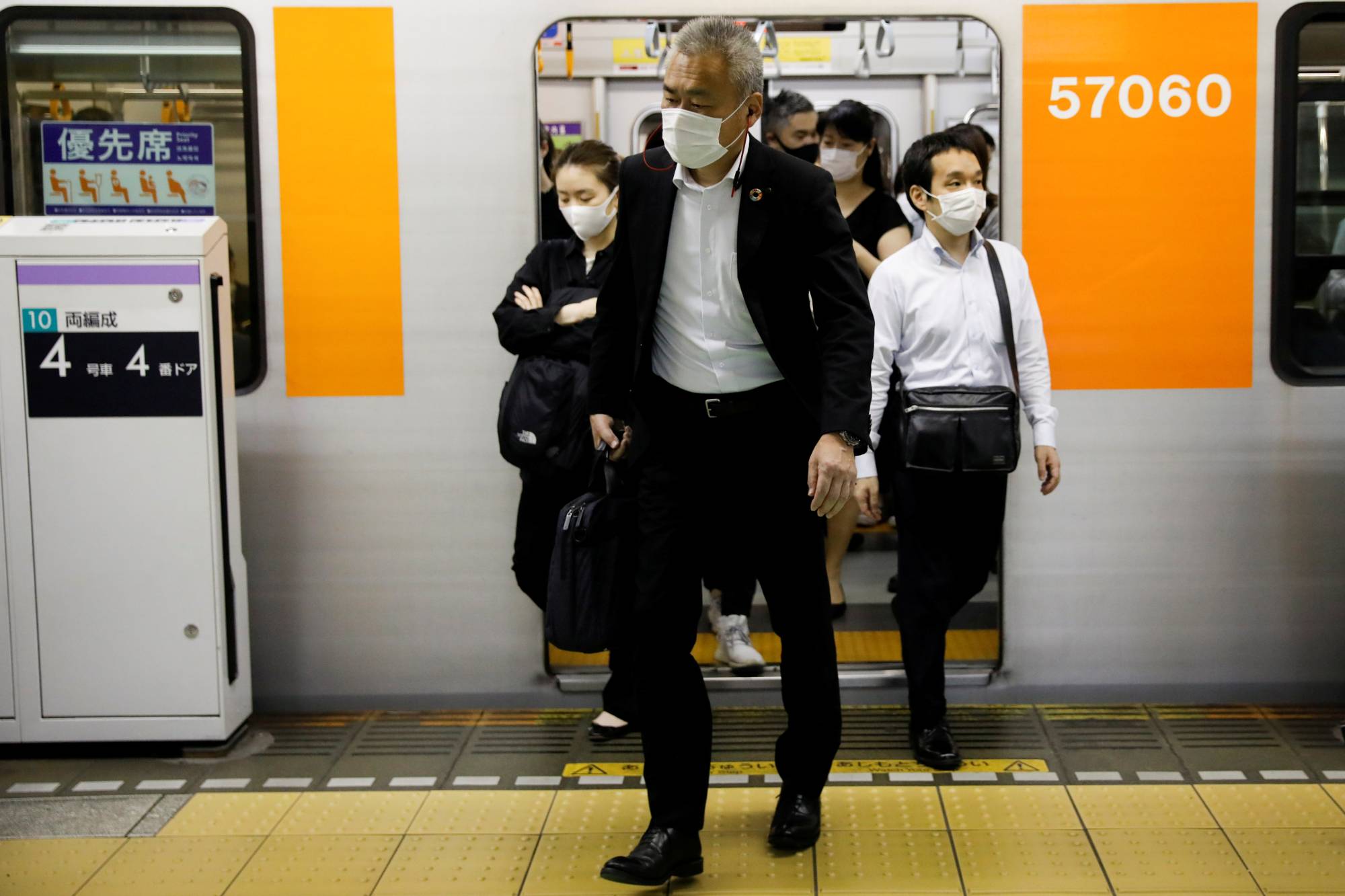Japan’s corporate culture is stuck in a bad place. But the coronavirus pandemic might have given it just the nudge it needs to get out of the trap.
From the 1960s through the 1980s, the country developed a corporate system that worked well. Managers, rather than shareholders, controlled companies, allowing long-term planning and investment, keeping employment levels high and fostering economic equality. Workers were hired with the presumption that they would be at one company for their entire career, which gave their employer an incentive to spend lots of resources training them. And everyone worked very long hours.
Since the 1990s, that system has been under strain. Powerful elderly senior managers, promoted up through the ranks, have often proven unwilling or unable to shift business models or organizational structures in response to changes in technology, consumer demand and trade. Long hours left workers exhausted and made it hard for them to take care of their children. Managers used to focusing on how many hours workers sat at their desks are often unable or unwilling to examine how much work is actually getting done.



















With your current subscription plan you can comment on stories. However, before writing your first comment, please create a display name in the Profile section of your subscriber account page.